Are you looking for ways to automate your customer service? Are you interested in utilizing the latest technology to make life easier for your customers?
If so, then this blog post is for you! We have rounded up the 10 best chatbot examples that businesses can use to enhance the customer experience.
What is the most popular chatbot?
The most popular chatbot is JioMart’s WhatsApp Commerce Solution. This chatbot was the first of its kind in India, and it offers customers a convenient way to purchase products and services.
The chatbot is powered by artificial intelligence and provides customers with product recommendations and guidance on their purchases. It also offers customers a secure payment gateway and access to exclusive offers.
Additionally, the chatbot can be used to track orders, manage customer accounts, and provide customer service.
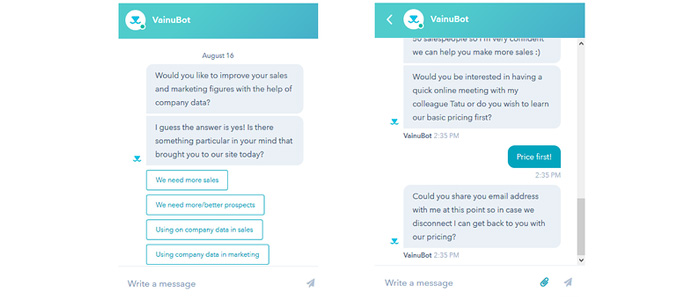
What is the best example of a chatbot application?
Chatbots are becoming more and more popular in businesses and are being used across different aspects of the business.
Some of the most popular chatbot applications include India’s first-ever WhatsApp Commerce Solution by JioMart, YouDrive bot created by the car-sharing company’s full-time developers, ProProfs Chat and BotUp for internal support. These are just some examples of the many uses for chatbots in businesses.
Each of these chatbot applications has specific use cases. For example, JioMart is used for commerce solutions, YouDrive bot is used for scenarios and functions development, ProProfs Chat is used for real-time customer engagement and BotUp is used for internal support.
There are also other types of chatbot applications being used in businesses such as service-oriented chatbots, financial chatbots, healthcare chatbots, education chatbots, travel chatbots, retail chatbots, marketing chatbots, lead generation chatbots and order taking chatbots.
These chatbot applications can help businesses in many ways. For example, service-oriented chatbots can help businesses provide better customer service by providing more efficient, personalized responses to customers. Financial chatbots can help businesses automate processes such as payments, investments, and other financial transactions.
Healthcare chatbots can help businesses provide better care to patients by providing more accurate information and quicker response times. Education chatbots can help students learn more effectively by providing personalized lessons and feedback.
Overall, chatbot applications are becoming increasingly popular in businesses and can help businesses in many different ways. Whether you are looking for a way to provide better customer service, automate financial processes, or provide better care to patients, there is a chatbot application that can help.

Service-oriented Chatbots
Service-oriented chatbots are becoming more popular for businesses, providing customers with automated access to services without the need for human interaction. One of the best examples of this is Starbucks’ India WhatsApp Commerce Solution.
This chatbot allows customers to order goods from JioMart through WhatsApp, eliminating the need for long customer service queues. Other examples of service-oriented chatbots include BotUp, ProProfs Chat, and Mobile Monkey.
These chatbot tools provide businesses with the ability to communicate with customers in real-time, providing accurate and up-to-date information on products and services.
Additionally, service-oriented chatbots can be used to make payments, book appointments, and provide customer support. Not only do service-oriented chatbots provide an efficient way to access services, but they also reduce costs and improve customer satisfaction.
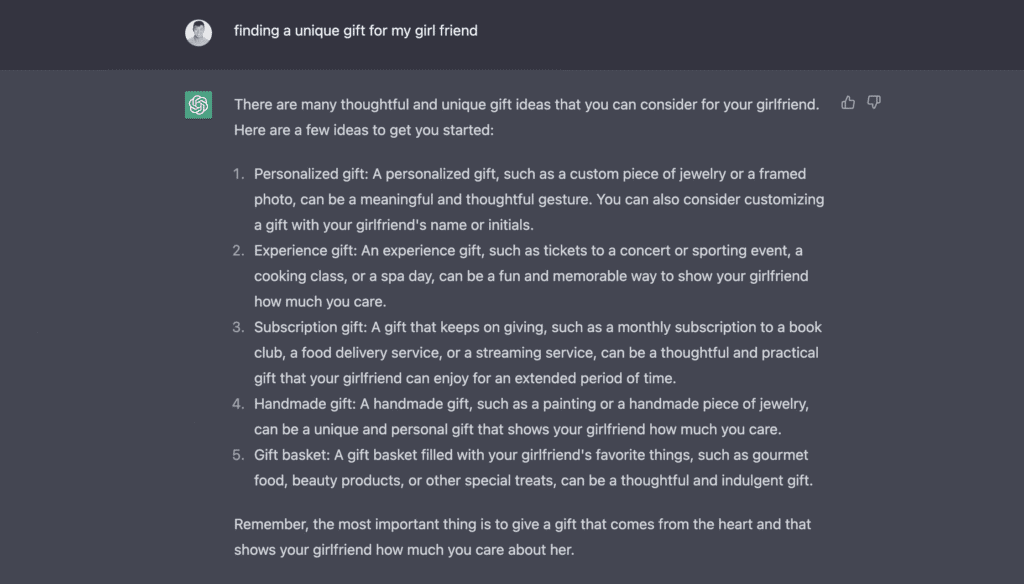
Financial Chatbots
Financial chatbots are becoming increasingly popular as businesses look for ways to manage customer service and support more efficiently. Financial chatbots can be used for a range of purposes, from providing real-time financial advice to helping customers with their banking needs.
For example, customers can use a chatbot to ask questions about their credit card balance and payments, or to find out more information about their investments. Chatbots can also help customers apply for loans and credit cards, as well as provide information on financial literacy topics.
With the help of chatbots, businesses can make the customer experience more seamless and efficient, while providing valuable financial advice.
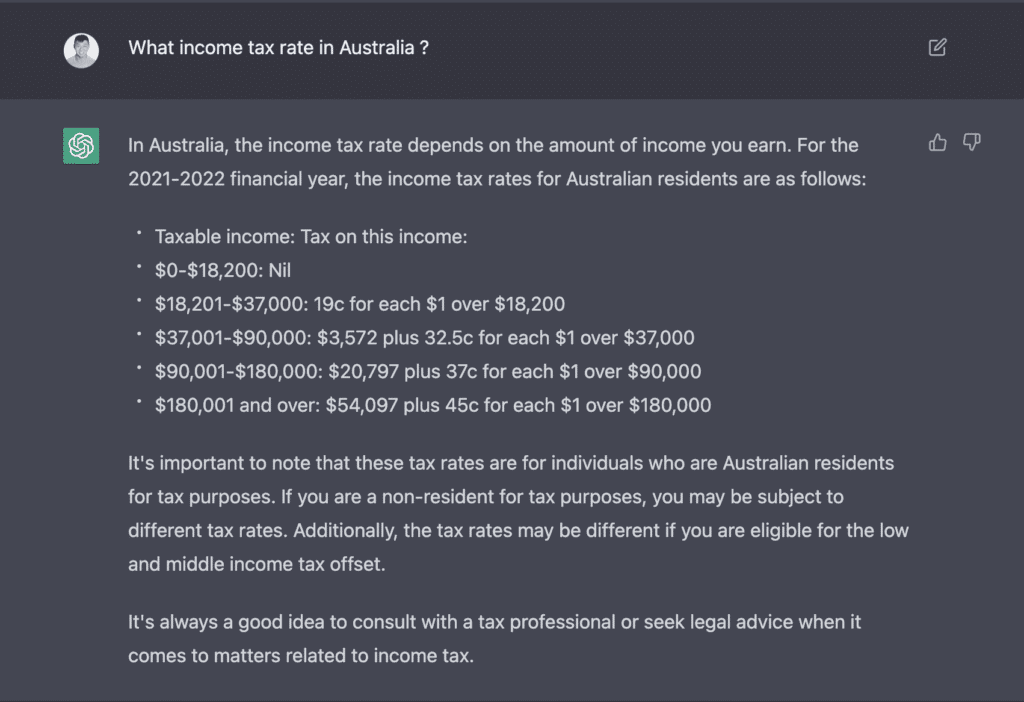
Healthcare Chatbots
Healthcare chatbots are an important part of today’s digital healthcare landscape. They provide an efficient way for patients to access medical information and services. Healthcare chatbots can provide personalized advice, help patients manage their health, and provide access to healthcare information and resources.
For example, a chatbot can help patients book appointments, provide medical advice and assistance, and provide reminders for medications. Chatbots can also help connect patients to healthcare providers and services quickly, eliminating the need for long waits.
Chatbots are also helping healthcare providers save time by automating certain tasks and providing more efficient services. With the help of chatbots, healthcare providers can provide better care to their patients.
Education Chatbots
Education chatbots are becoming increasingly popular as more schools and universities look for ways to simplify their processes. Chatbots can help with student inquiries, providing quick answers to frequently asked questions and helping to streamline the admissions process.
For example, the University of California San Diego has developed a chatbot called Ucsdbot which can provide students with real-time answers to common questions about the school and its programs. Other schools have followed suit by developing their own chatbots to assist with student inquiries.
These chatbots can help students find the information they need quickly, allowing them to focus on their studies and get the most out of their educational experience.
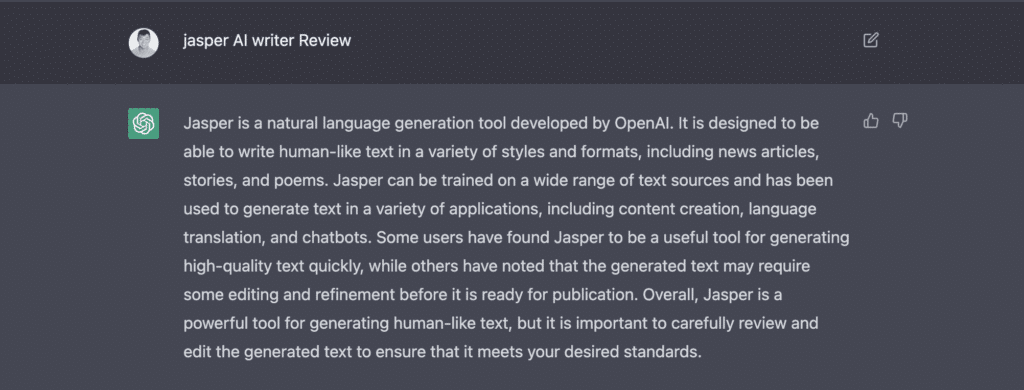
Travel Chatbots
Travel chatbots are proving to be invaluable for both travelers and businesses alike. They can help with everything from finding the best flight and hotel deals to providing helpful travel tips and advice. These chatbots can provide quick, personalized recommendations for travelers, saving them time and money.
From providing information on passport requirements to helping customers find the right local attractions, travel chatbots are giving travelers the ability to enjoy a more streamlined and personalised travel experience.
Additionally, they can be used to help with ticket bookings and other travel-related activities, making the process of planning and booking a trip much easier.

Retail Chatbots
Retail Chatbots are becoming an increasingly popular tool for businesses in the retail sector. Chatbots provide customers with a more personalized shopping experience by providing real-time product recommendations and answering customer’s questions. They can also help streamline the checkout process and reduce wait times.
An example of a successful retail chatbot is JioMart, India’s first-ever WhatsApp Commerce Solution. It enables customers to order products from a wide range of grocery stores directly from their WhatsApp. The chatbot helps customers save time by allowing them to quickly search for and compare products, view recommendations, and place orders.
Another example of a retail chatbot is ProProfs Chat. It is a chatbot tool developed for businesses who need real-time customer support. It offers a range of features such as automated chat triggers, auto-responses, and customizable chat windows. This helps the customer service team to answer customer queries quickly, automatically, and accurately.
Overall, chatbots are becoming an integral part of the retail sector, helping to streamline the customer experience and improve customer satisfaction.
Marketing Chatbots
Marketing Chatbots are a great way for businesses to reach out to their customers in a more personalized and engaging manner. These chatbots allow businesses to send out timely and relevant messages, as well as collect valuable customer data.
They can also help businesses create personalized customer experiences, from product recommendations to promotional offers.
With the help of chatbots, businesses can target customers who are likely to respond positively to their messages, as well as segment their customer base for more tailored marketing campaigns.
Lead Generation Chatbots
Lead generation chatbots are a great way for businesses to engage with potential customers and acquire leads. They can be used to quickly and easily collect information from customers and direct them to the right place.
For example, if a customer is interested in a certain product or service, a lead generation chatbot can ask them questions and then direct them to the best page on the company’s website. This helps businesses to easily capture leads and increase their customer base.
Additionally, lead generation chatbots can also be used to nurture leads and provide them with relevant information about the products or services they are interested in. This allows businesses to create long-term relationships with their customers and ultimately increase sales.

Order Taking Chatbots
Order Taking Chatbots are becoming increasingly popular in the business landscape. These chatbots allow customers to place orders quickly and easily with minimal effort.
For example, the popular restaurant ordering app, DoorDash, has a chatbot that allows customers to order food directly from the chat window. The chatbot can suggest menu items, collect payment information, and process orders quickly and efficiently.
Other businesses may use chatbots to take orders and payments for online purchases, creating a better customer experience. Chatbots are a great way to streamline the order taking process, making it easier for customers to order the products and services they need.
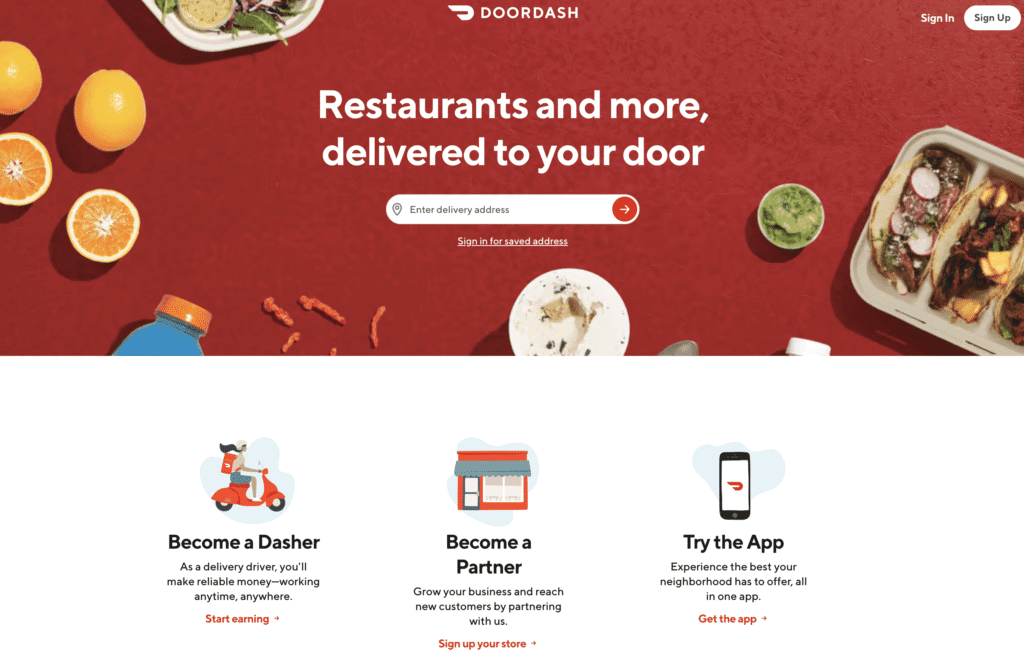
Customer Support Chatbots
Customer support chatbots can help businesses improve their customer service and provide a better customer experience. Chatbots can be used to answer customer inquiries, provide product recommendations, and even offer discounts and promotions.
Chatbots can also be used to help customers navigate complex processes, such as booking flights or scheduling appointments. By automating these tasks, businesses can free up their customer service staff to focus on more complex customer inquiries.
Additionally, chatbots can help businesses streamline their customer support processes by providing customers with an easy way to quickly find the answers they need.
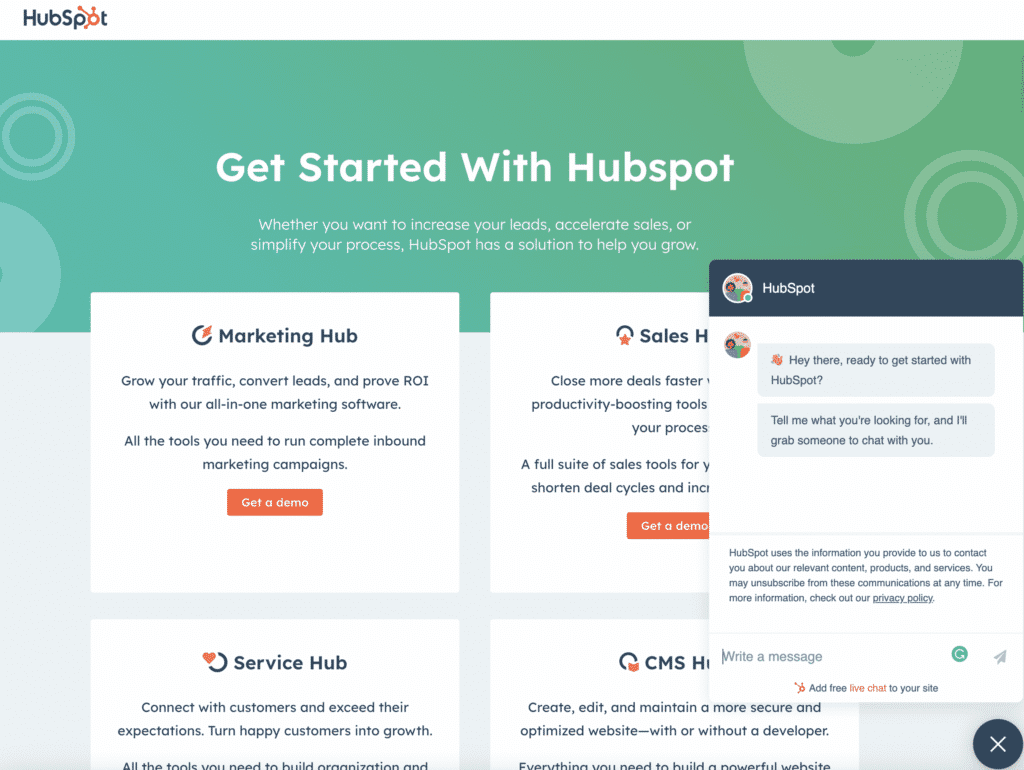
Conclusion
Chatbots have proven to be incredibly useful and efficient tools for businesses of all sizes. They are being used in a variety of sectors and are becoming increasingly popular. From customer service and finance to healthcare and travel, chatbots can be used in almost any area.
They can provide a streamlined, efficient customer experience and help businesses save time and money. With the right chatbot, businesses can improve their customer service and increase customer satisfaction.
While there is a wide variety of chatbot examples, the 10 chatbot examples listed above provide some of the best applications and use cases. With the right chatbot platform, businesses can take advantage of the many benefits of chatbots to improve their customer experience.

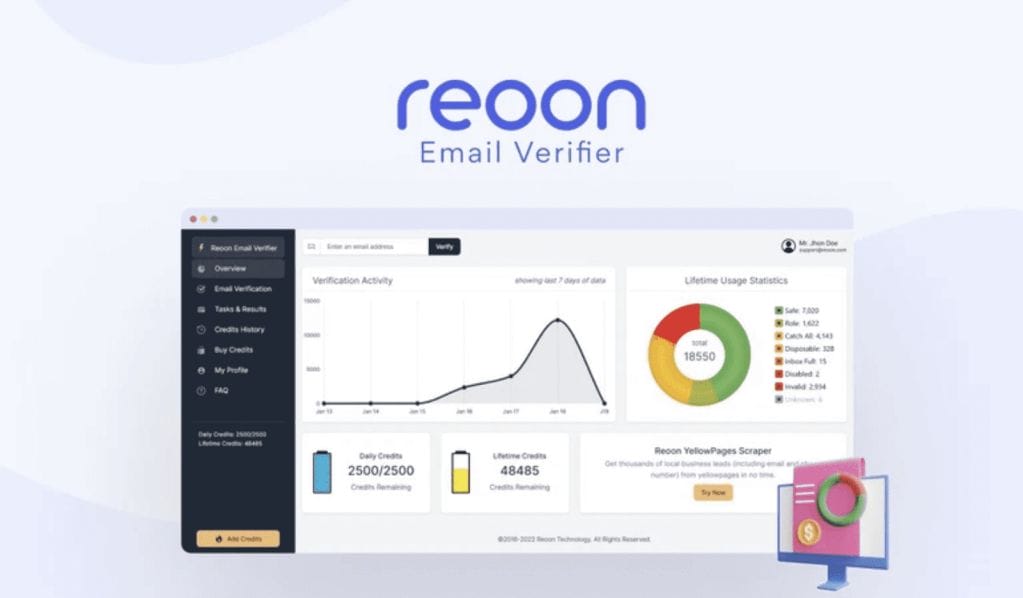

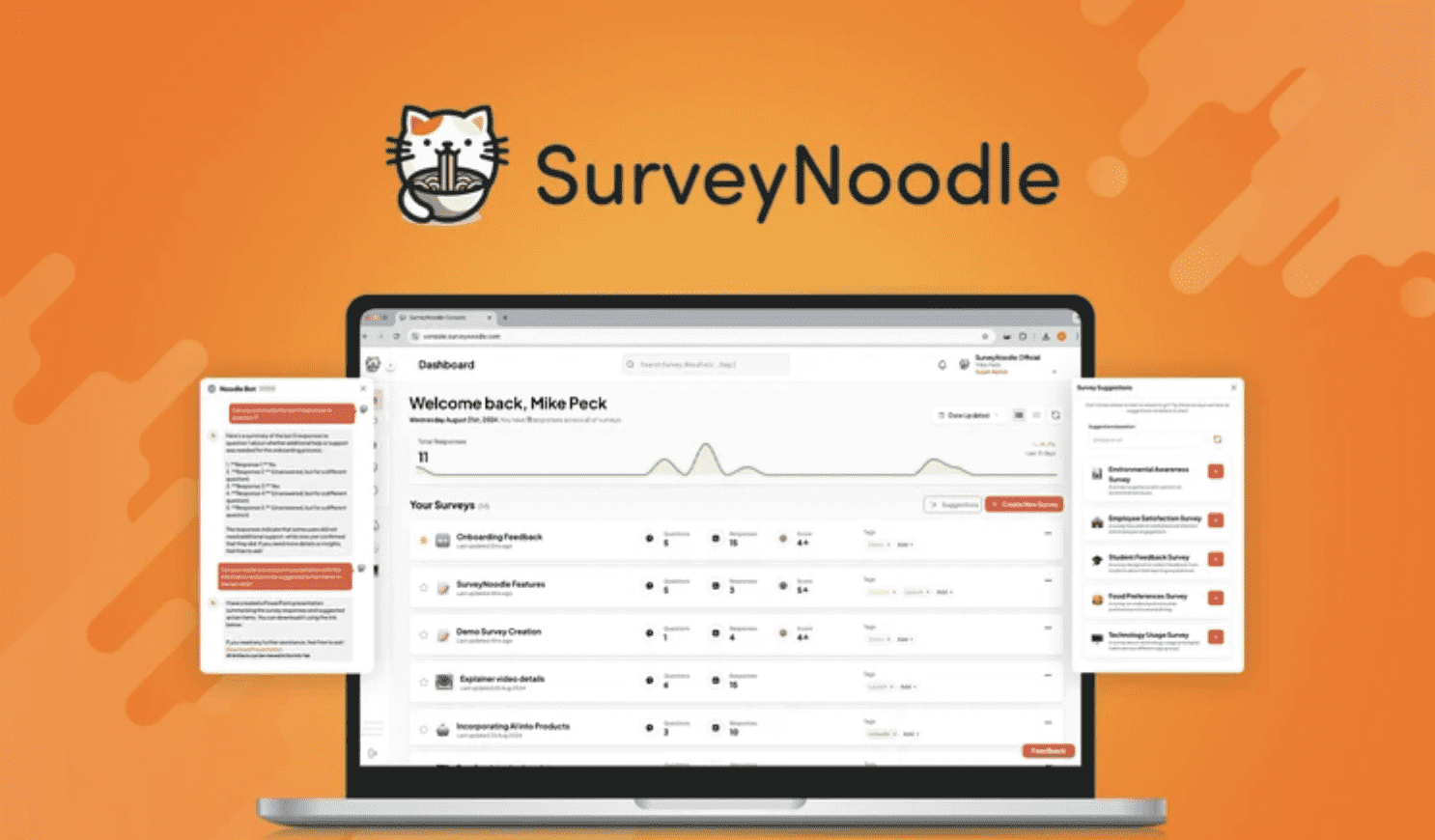



![SaaS Lifetime Deals: Which Platform & Are They Worth the Investment [In 2025]? AppSumo Saas Lifetime deals](https://eebfoenrqrf.exactdn.com/wp-content/uploads/2023/08/AppSumo-Saas-Lifetime-deals-450x261.png?lossy=1&ssl=1)
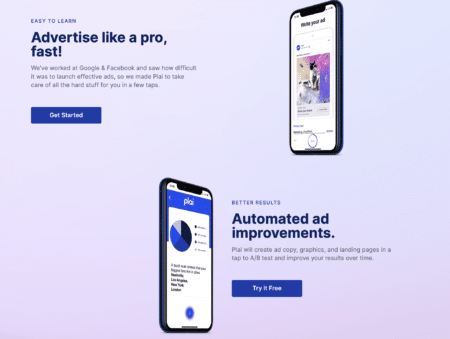
![Best SaaS Sales | Everything You Need to Know in 2025 Best SaaS Sales in [current_year].](https://eebfoenrqrf.exactdn.com/wp-content/uploads/2022/12/SAAS-SALES-450x253.png?lossy=1&ssl=1)